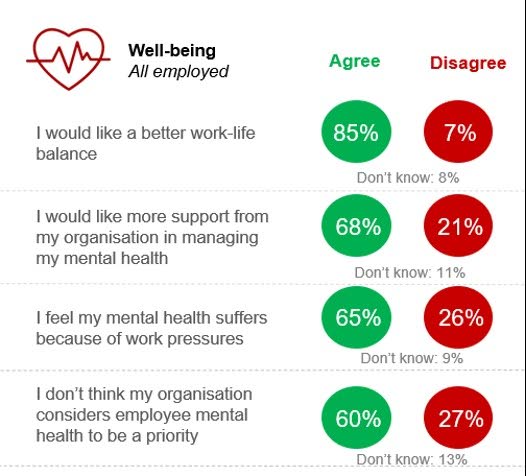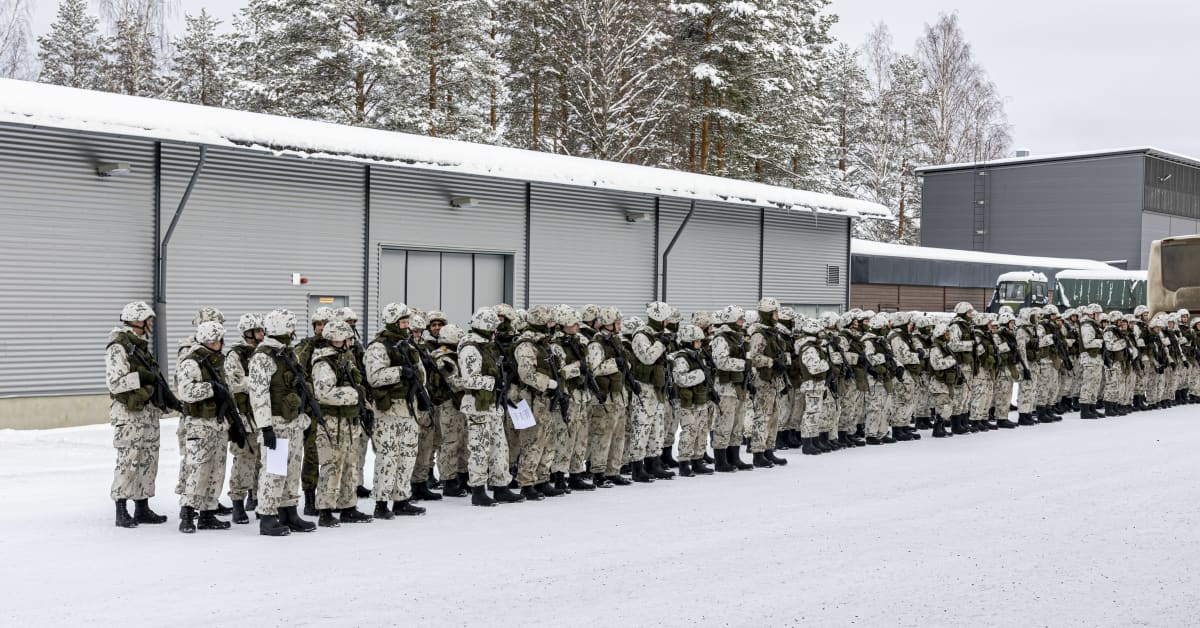Kartel's Restrictions: A Police Source Explains The Safety Concerns - Trinidad And Tobago Newsday

Table of Contents
The Rationale Behind Kartel Restrictions: Protecting Trinidad and Tobago's Citizens
The government's justification for implementing Kartel restrictions stems from the undeniable threat posed by organized crime to the safety and well-being of Trinidad and Tobago's citizens. The Phoenix gang, in particular, is responsible for a significant portion of the country's violent crime. The rationale is clear: to protect innocent lives and restore order.
- Increased violent crime: The Phoenix gang is linked to a dramatic rise in homicides, shootings, and assaults.
- Drug trafficking: The gang is a major player in the illegal drug trade, fueling addiction and further violence.
- Extortion: Businesses and individuals are regularly targeted for extortion, crippling local economies.
- Intimidation of witnesses: The gang employs fear tactics to prevent witnesses from cooperating with law enforcement, hindering investigations and prosecutions.
Statistics from the Trinidad and Tobago Police Service reveal a concerning upward trend in gang-related crime in recent years. Previous attempts at controlling gang activity, such as increased police patrols in high-risk areas, have yielded limited success, prompting the need for more comprehensive and restrictive measures. The sheer scale of the problem necessitates a stronger, more decisive response.
Specific Restrictions Implemented: Curbing Kartel Activities
The Kartel restrictions imposed on the Phoenix gang encompass a range of measures aimed at disrupting their operations and reducing their ability to commit crimes. These measures include:
- Curfew implemented in specific high-risk zones: A nightly curfew is in effect in areas known as Phoenix gang strongholds.
- Restrictions on public gatherings: Large gatherings are strictly monitored to prevent gang meetings and potential violence.
- Increased police patrols: A significant increase in police presence is visible in affected areas, acting as a deterrent and enhancing law enforcement capabilities.
- Enhanced surveillance technology deployment: Advanced surveillance technologies are being utilized to monitor gang activity and identify potential threats.
- Asset seizures: Law enforcement is actively pursuing the seizure of assets acquired through illegal activities, weakening the gang’s financial power.
These restrictions are based on the country's Emergency Powers Act, allowing the government to take extraordinary measures during times of national crisis.
Police Source Insights: Challenges and Effectiveness of Kartel Restrictions
A high-ranking police official, speaking on condition of anonymity, highlighted several challenges in enforcing these restrictions.
“While the restrictions are a necessary step, we face significant obstacles. Resource limitations, particularly in terms of manpower and technology, hamper our effectiveness. Community resistance, stemming from concerns about civil liberties and potential for abuse, also poses a challenge. Furthermore, cartels are adaptable; they will find ways to circumvent the restrictions, requiring us to constantly adjust our strategies.”
The official cautiously assessed the effectiveness of the current restrictions, stating, "It's too early to declare complete success, but we have seen a noticeable decrease in violent crime in some areas. We believe that the restrictions are disrupting the gang’s operations, but it's a continuous battle." Concerns regarding potential unintended consequences, such as increased social unrest and economic hardship, were acknowledged. However, the official countered that these risks are outweighed by the need to protect public safety. Future strategies involve strengthening community engagement and intelligence gathering.
Community Impact and Public Response to Kartel Restrictions
The Kartel restrictions have had a mixed impact on the community. While some residents welcome the increased security, others express concerns about their civil liberties and the potential for economic hardship. One resident of a high-risk zone, speaking on condition of anonymity, said, “It's safer now, but it’s also harder to make a living.” Other residents voiced concerns about profiling and the potential for abuse of power.
Conversely, many support the restrictions, citing the need for a strong hand against escalating crime. There is a clear division of public opinion, with some supporting the government's firm approach and others raising concerns about its potential consequences.
Conclusion: The Future of Kartel Restrictions in Trinidad and Tobago
The implementation of Kartel restrictions in Trinidad and Tobago represents a significant effort to address the escalating threat posed by organized crime. While the measures have shown some initial success in curbing gang activity, the challenges in enforcement and the complex community impact necessitate ongoing evaluation and adaptation. The police source's insights highlight the need for sustained commitment, improved resources, and strengthened community partnerships to effectively combat gang violence and ensure the safety of all citizens. Stay updated on the evolving situation regarding Kartel restrictions and their impact on community safety in Trinidad and Tobago. Follow Newsday for the latest developments.

Featured Posts
-
 Trumps Legacy Ai Companies Secure Victory But Challenges Remain
May 21, 2025
Trumps Legacy Ai Companies Secure Victory But Challenges Remain
May 21, 2025 -
 Blockbusters And Bgt A Detailed Look At The Phenomenon
May 21, 2025
Blockbusters And Bgt A Detailed Look At The Phenomenon
May 21, 2025 -
 Huuhkajien Avauskokoonpano Naein Muutos Vaikuttaa
May 21, 2025
Huuhkajien Avauskokoonpano Naein Muutos Vaikuttaa
May 21, 2025 -
 Kaellmanin Ja Hoskosen Laehtoe Puolalaisseurasta Vahvistui
May 21, 2025
Kaellmanin Ja Hoskosen Laehtoe Puolalaisseurasta Vahvistui
May 21, 2025 -
 New The Amazing World Of Gumball Teaser Trailer On Hulu Premiere Date Revealed
May 21, 2025
New The Amazing World Of Gumball Teaser Trailer On Hulu Premiere Date Revealed
May 21, 2025
